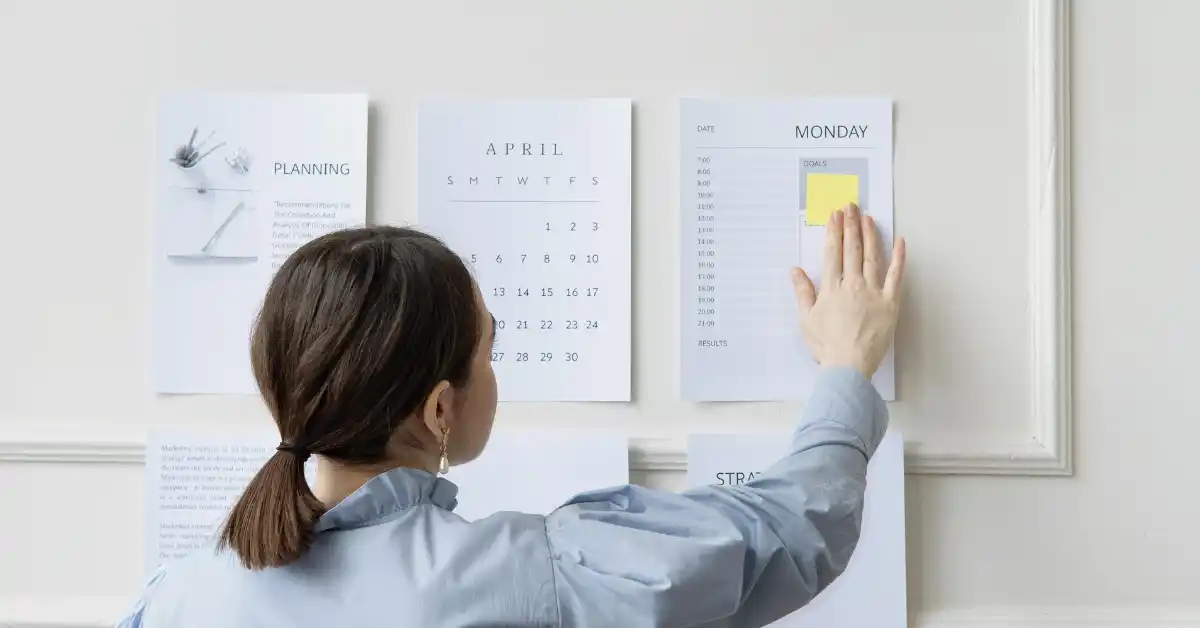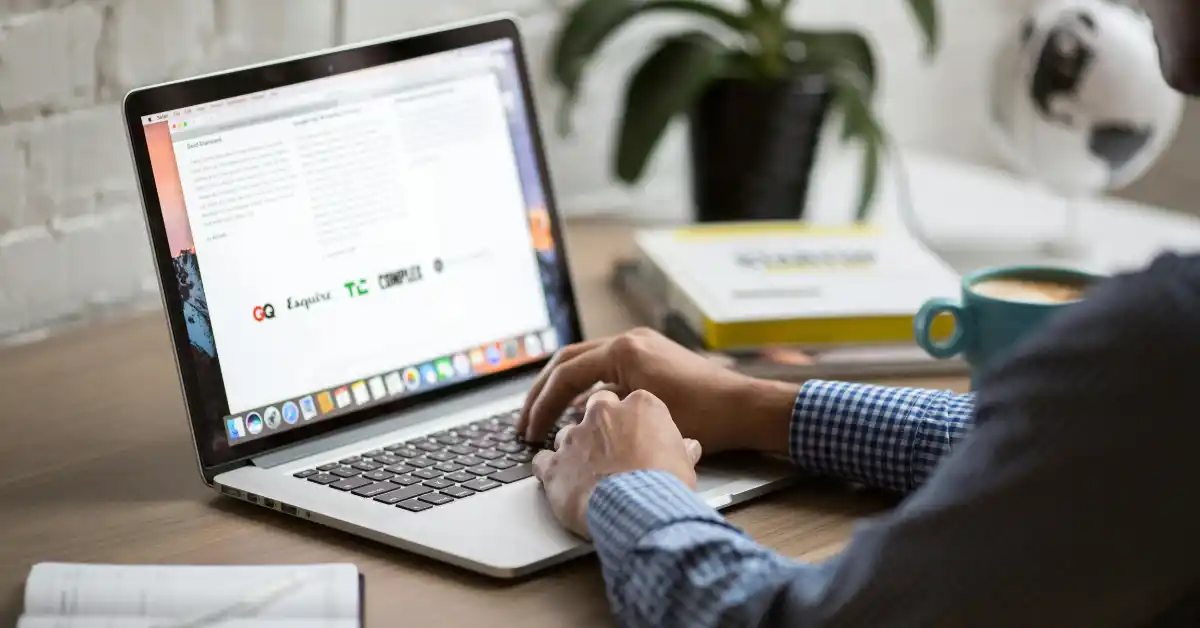So you finally showed up at that networking event. You had some solid chats, maybe even exchanged a few numbers.
Now you're back at your desk, wondering: "Should I follow up? Will I look desperate? What if they ignore me?"
You’re not alone.
Following up is where real networking starts — not ends.
This article shows you how to do it naturally, without feeling awkward or fake. No fluff. Just real, respectful connection.
Why Your Message Matters (More Than the Initial Handshake)
People meet 10, 20, sometimes 50 others at events. But the ones who stand out? They’re the ones who follow up.
A short message — when done right — shows that:
- You were paying attention
- You’re serious about the connection
- You’re not just another “see-you-around” type
And for introverts especially, this is your zone. You get to process, write carefully, and show up thoughtfully — your way.
Related: Networking for introverted entrepreneurs
7 Things to Keep in Mind Before You Hit “Send” for Follow Ups
Not all follow-ups feel the same. Some feel cold, some are too long, others sound robotic. Here’s how to avoid all three.
1. Don’t Wait Too Long
Send your message within a day or two maximum.
Beyond that, they’ll likely forget who you are or what you talked about.
Example:
“Hey ------, we had a quick chat yesterday at Founder Fest. I was the one building that ops dashboard for logistics.”
2. Keep the Subject Line Real
Ditch the boring: “Nice to meet you.”
Instead, try something like:
- “Quick follow-up from SaaS Roundtable”
- “Enjoyed talking about hiring at [event]”
You’re trying to remind, not sell.
3. Add Context Fast
Tell them who you are, where you met, and what you were doing there — in one short paragraph.
People appreciate clarity more than clever or long intros.
4. Bring Up Something You Actually Remember
Don’t just say “great conversation.” Mention a real moment.
Example:
“I’ve been thinking about your point on async remote teams — that one landed.”
Even a small callback shows you were genuinely engaged.
5. Offer a Next Step (But Keep It Chill)
Don’t push a meeting. Just suggest a continuation.
Something like:
“Would love to hear more about what you’re building — maybe a short call next week if you’re open to it?”
It’s open-ended, not needy.
6. Don’t Overthink the Length
Two short paragraphs work best. No need to write long paragraphs and explain who you are.
Avoid attachments. Skip your full resume. Just… be human.
7. Sign Off Smoothly
Your name. One link (LinkedIn or website). That’s it.
Fancy formatting? Logos? Don’t bother. Plain text = real message.

Follow-Up Template (Edit as Needed)
Subject: Quick follow-up from [Event Name]
Body:
Hi [Name],
Really enjoyed chatting with you at [Event]. The thing you mentioned about [insert memorable point] has stuck with me — it gave me a fresh perspective.
If you’re up for it, I’d be happy to continue that convo sometime — maybe a quick virtual coffee next week?
Best,
[Your Name]
[LinkedIn] | [Startup/Role]

If They Don’t Reply? Here’s What to Do
Happens all the time. People forget. Or they’re drowning in their inbox.
Here’s the move:
- Wait 5–7 days
- Send a polite follow-up like:
“Just checking back — I know how inboxes get. I totally understand if it's not ideal.”
If they still don’t reply? Leave it. You’ve done your part.
Tools to Make Following Up Easier
MeetWorth – lets you re-engage with matched founders without going cold
Mixmax or Mailtrack – helps track whether your message was seen
LinkedIn voice notes – surprisingly personal and effective
Related: How to Use MeetWorth to Connect with Entrepreneurs
Wrap-Up: Don’t Try Too Hard. Just Be Real.
Great follow-ups don’t feel like “work.” They feel like a continuation of a good conversation.
So don’t try to be slick. Just be honest, respectful, and personal.
Even one short message can lead to:
- A collaboration
- A client
- Or just someone who remembers you well
And that’s the foundation of real networking.





.webp)




